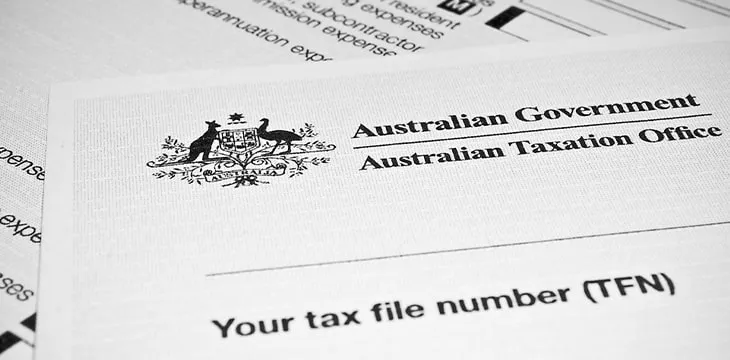|
Getting your Trinity Audio player ready...
|
Australia’s Ministry of Treasury has announced the exclusion of digital assets from taxation as foreign currency. Dr. Jim Chalmers MP, Treasurer of the Commonwealth of Australia, and Stephen Jones, Assistant Treasurer, released a joint statement clarifying the position of taxpayers regarding virtual assets.
The decision of El Salvador to adopt BTC as legal tender back in Sept 2021 may have created uncertainty on the status of digital assets for purposes of taxation in Australia. A new bill is being deliberated by the country’s Parliament that would provide the needed clarity for the current tax climate in the country.
The draft titled Treasury Laws Amendment (Measures for Consultation) Bill 2022 has been released to the public for interested parties to share their opinion on the incoming legislation. A key feature of the bill is that it proposes to amend the definition of digital currency in the GST Act and “an exclusion from the definition of foreign currency in the Income Tax Assessment Act 1997.”
Interested public members have until September 30 to submit their feedback to the Ministry in post or electronic lodgment. Respondents’ information will be made available to the public unless they expressly choose to conceal their identity.
The bill’s passage into law will not affect the status of capital gains tax currently being charged on digital assets held as investments by Australian residents.
“This clarification will deliver a consistent tax requirement for crypto asset holders and will be backdated to July 1, 2021, for the avoidance of ambiguity following the decision of the Government of El Salvador,” read the statement. “The Government will continue to take a pragmatic and timely approach to its role in the rapidly-evolving digital currency landscape.”
Taxing digital assets causes a storm in the teacup in different jurisdictions
The nature of digital asset levies varies according to the regulations in different regions due to a lack of global consensus on how to tax virtual currencies, but each jurisdiction has made several brave attempts at controlling the industry.
In the United States, the Infrastructure Investment and Jobs Act attempted to solve the problem of under-reporting digital asset taxes by compelling brokers to be responsible for reporting transactions to the Internal Revenue Service.
In regions like the United Kingdom, capital gains tax is payable on digital assets. While it is seen as the right move, the quagmire arises when individuals use their holdings to pay for purchases. This often triggers the application of Value Added Tax, Goods and Services Tax, and capital gains tax liability on each purchase.
Watch: The BSV Global Blockchain Convention presentation, Better Invoice Management with Blockchain

 08-15-2025
08-15-2025 





